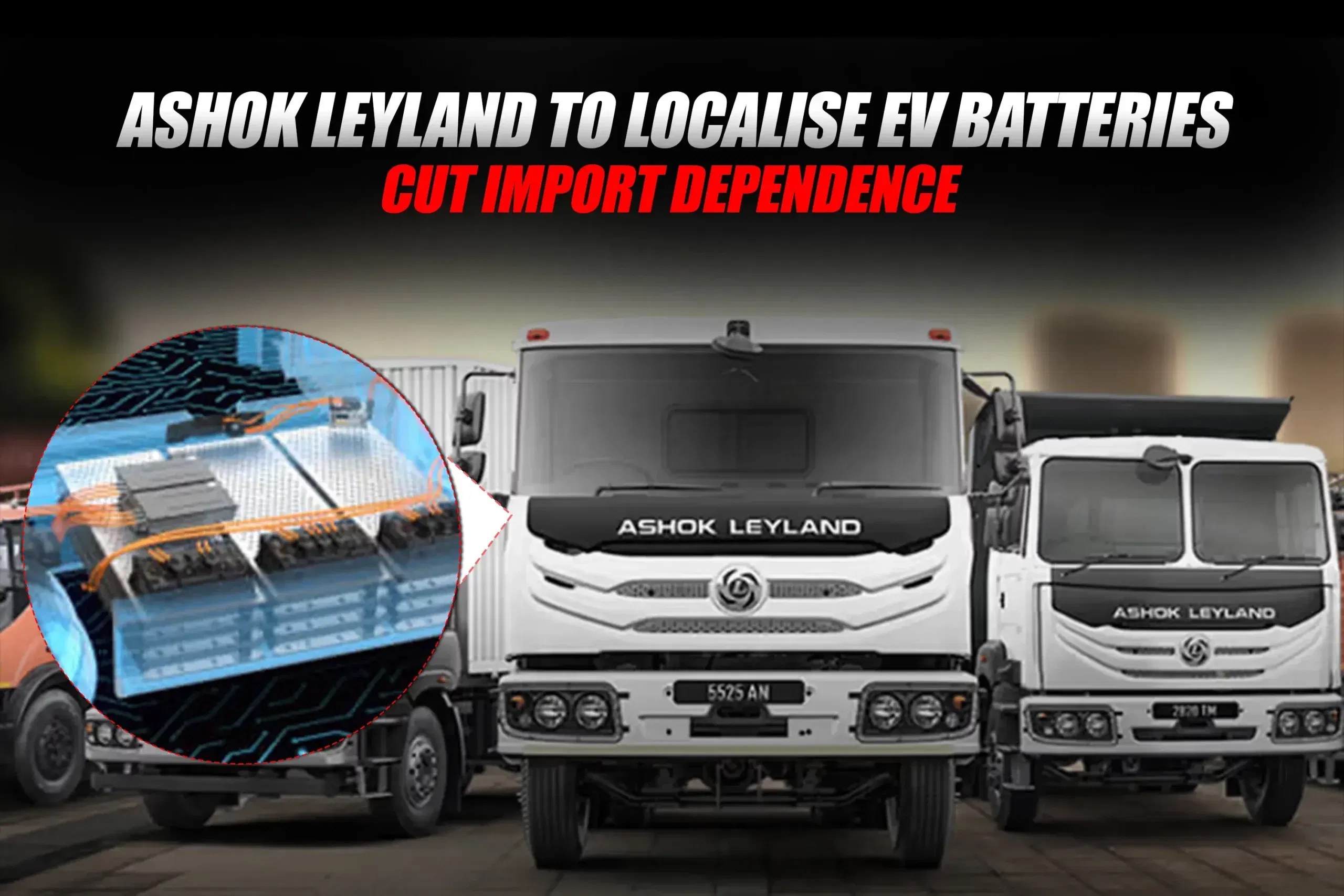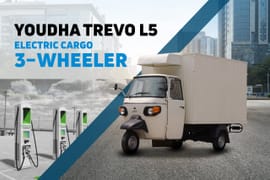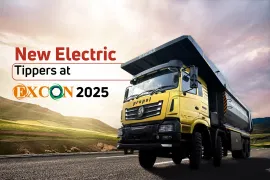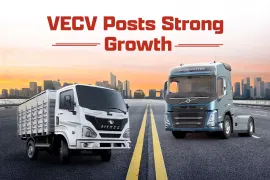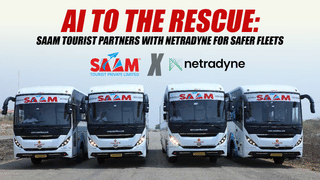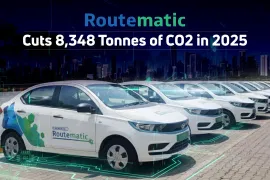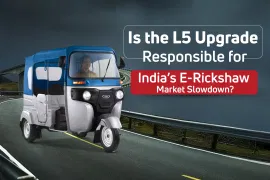Ashok Leyland is synonymous with commercial vehicles and is now focusing on making its electric vehicles (EVs) more affordable and less reliant on imports. Given that batteries constitute 40–50% of the cost of an EV, the firm aims to manufacture them domestically rather than rely on foreign imports.
Why This Step is Important
Right now, most of the parts used in electric trucks come from outside India. In fact, about 65% of an electric truck is imported. This makes the industry depends on global supply chains which is often costly and unpredictable.
To fix this, Ashok Leyland has tied up with China’s CALB Group. Together, they plan to invest around ₹5,000 crore in the next 7–10 years. They will start by assembling battery packs in India and later move to making cells and advanced components. The company also plans to open a research centre in India to focus on battery technology, recycling, and thermal management.
Reducing Import Dependence
According to Shenu Agarwal, CEO & MD of Ashok Leyland, India cannot wait for EV usage to grow before starting localisation.
“We need to act now and build skills and innovation here in India,” he said.
By making batteries locally, Ashok Leyland aims to reduce costs, avoid risks from global supply chain issues, and support India’s move towards self-reliance.
EV Trucks Already on The Road
Ashok Leyland has already launched electric trucks for sectors such as mining, ports, and cement. It comes to the fore especially on downhill routes, as regenerative braking enhances efficiency and minimizes expenses.
Big players are showing interest. For example, the Adani Group is said to be in talks to buy up to 2,000 electric trucks.
Although less than 1% of commercial vehicles in India are electric today, Ashok Leyland believes demand will grow quickly. The main reason is 50–60% lower operating costs, which make EVs much cheaper to run compared to diesel trucks.
Step-by-Step Roadmap
Ashok Leyland is taking its time with investments and is not jumping into them head-first. Rather, it is following a phased approach.
- Start with battery pack assembly.
- Build R&D.
- Then, manufacture advanced parts and aggregates.
This way, the company can remain agile and change as needed with the changes in technology.
More than Just EVs
Apart from EVs, the company is also exploring LNG and hydrogen trucks. They have said that hydrogen trucks will be operational in the next 2–3 years. These will be complementary to EVs and will provide customers with more cleaner alternatives.
Global Plans Too
Ashok Leyland is also looking beyond India. It expects GCC, Africa, SAARC, and ASEAN markets to adopt EVs and new fuel technologies faster than Europe or the UK, and the company wants to be part of that growth.
Conclusively
Ashok Leyland reduces imports and costs by making batteries and other components in India. The reduced costs on EVs due to this decision, along with shielding the company from global supply chain vulnerabilities, allows India to accelerate towards self-sufficient, sustainable transportation.
For more articles and news, stay updated with 91trucks. Subscribe to our YouTube channel and follow us on Facebook, Instagram, and LinkedIn for the latest videos and updates from the automotive world!
Web Stories
Latest Industry Insights News
Categories
91trucks is a rapidly growing digital platform that offers the latest updates and comprehensive information about the commercial vehicle industry.
